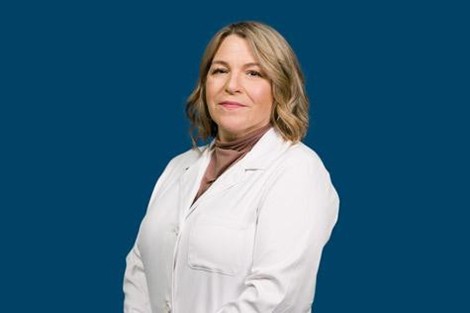Sharon McKenna, DO
Associate Professor, Vice Chair of Clinical Medicine, Director of Simulation for College of Medicine, Valley Hospital Family Medicine Residency Faculty, Touro University Nevada College of Medicine
Can you share the career path that led you to your current academic role?
I began teaching in the clinical medicine department for Touro seven years ago. Before that I was in clinical medicine only and occasionally would have a student on rotation in my practice. I enjoyed teaching students, so I researched teaching in academic medicine. A former medical school classmate of mine was working at Touro at the time and encouraged me to apply.
What does a typical day look like for you in academic medicine?
I typically have two days of regular teaching in clinical skills for first year and second year. I also lecture in many systems courses throughout the year, so that usually is twice a month. I have one day of precepting at the family medicine residency.
Do you still maintain a clinical practice? If not, what led to your decision to stop seeing patients?
I gave up my clinical practice a year ago. While seeing patients, it entailed two half days in our clinic and call after hours once a month for a week. I had taken on more responsibilities for teaching and administration and it became difficult to balance everything.
What do you think are the biggest rewards of working in academic medicine?
By far, It is working with students. I have enjoyed their enthusiasm. I love working with them on research and helping them with the ups and downs of medical school.
How has working in an academic environment influenced your professional growth?
Teaching and research has helped me keep on the forefront of medicine. I stretch myself to do things that I otherwise may not have had a chance to do.
Do you find that students and residents impact the way you practice medicine?
Students and residents are always looking up the most up to date information, and they help me keep up to date as well.
What advice would you give to medical students considering a career in academic medicine?
Start early and keep involved. I wish I had looked into this earlier. Start in third and fourth years to share what you know with other students. In residency, teach students that are on rotations, give lectures as much as you can, and start working on leadership positions. After graduation, look into becoming an adjunct professor helping with labs. Get involved with medical teaching organizations. These will help you know if this is a path you want to take.






